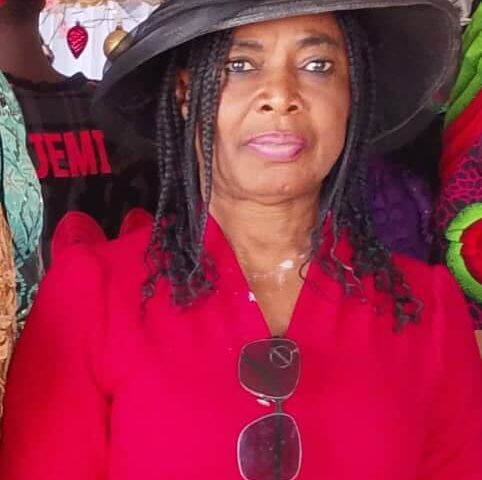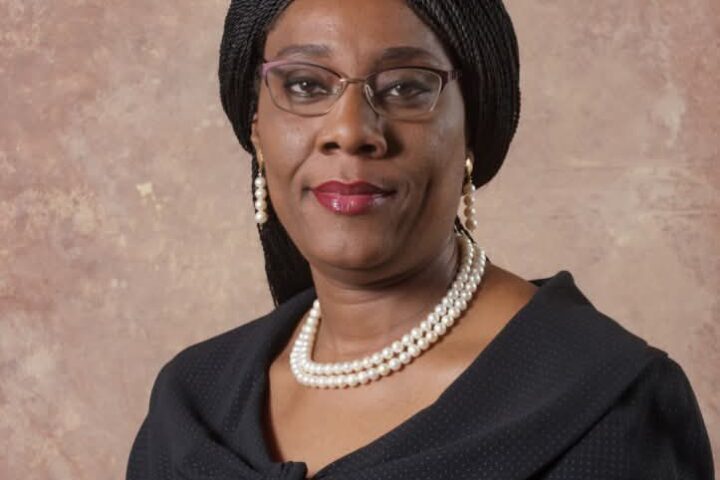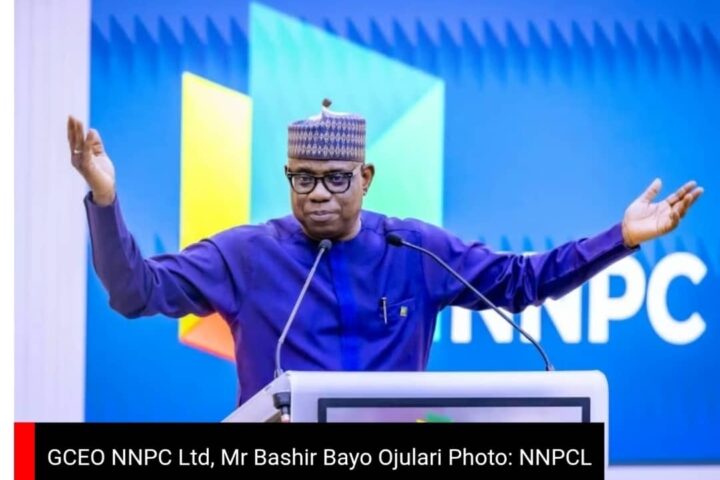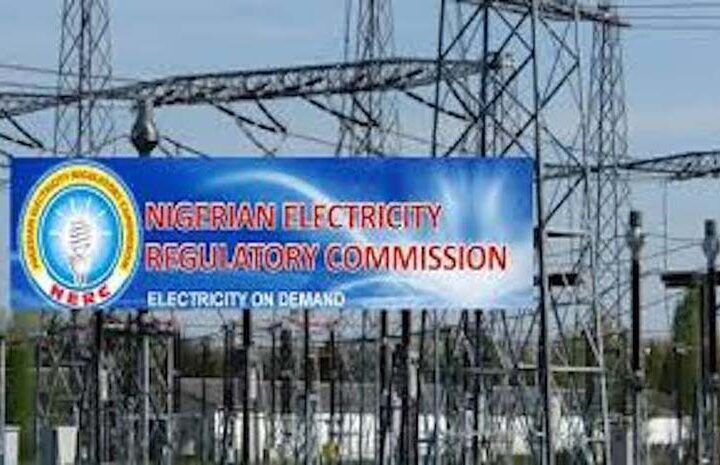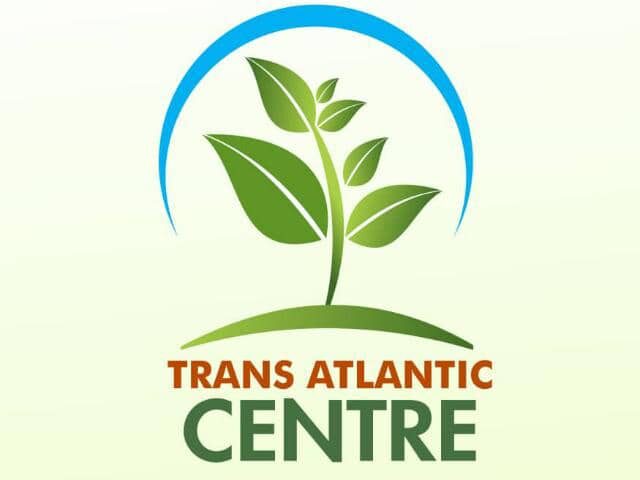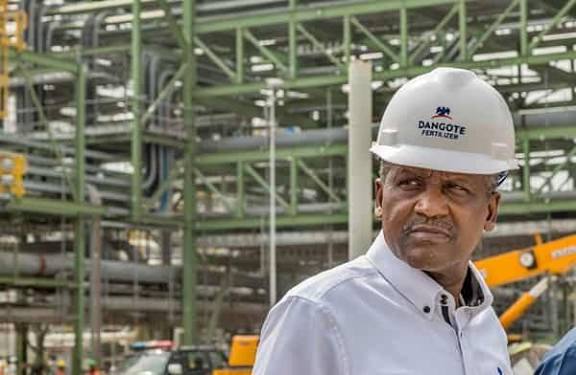Mohammed Shosanya
Wale Edun, Minister of Finance and Coordinating Minister of the Economy, on Tuesday, announced that four million households have been reached under the present administration’s social intervention programmes.
Edun, who was one of the panelists at a panel session entitled, “Fiscal Reforms for a More Secure Future,” at the ongoing 30th Nigeria Economic Summit in Abuja, explained that the interventions include direct cash transfers targeting 20 million households.
He revealed that Nigeria’s revenue recorded increase in the 2024 fiscal year, adding that such revenue is being channelled into social intervention programmes.
Edun said the increased revenue is primarily being used to finance social programmes aimed at mitigating the impact of essential but challenging reforms that have affected the cost of living in the country.
The minister also highlighted other initiatives taken by the present administration such as the Student Loan Scheme and Consumer Credit which has been provided to workers to enable them to purchase household goods as well as convert their vehicles to cheaper, cleaner Compressed Natural Gas (CNG) fuel.
Commenting on the some of the initiatives in the agricultural sector, he said the Federal Government is providing grants and loans worth up to N75 billion to support one million small and medium enterprises in Nigeria.
For bigger companies, Edun explained that an additional N75 billion is being disbursed in tranches of N1 billion per company at a single interest rate of nine percent, adding that the loan is assisting these companies to manage the cost of production and operations, particularly in light of the recent foreign exchange adjustments impacting their profit margins.
“This is how President Tinubu and his government are spending the increased revenue, which has been driven by improved oil production and macro-economic reforms that are expected to save the country five percent of Gross Domestic Product(GDP).
“There is a broad array of social investment initiatives where these funds are being directed,” he explained.
Also speaking, Ndiamé Diop, World Bank Country Director to Nigeria, acknowledged the country’s significant revenue increase, noting that its revenue-to-GDP ratio is expected to improve.
Diop pointed out that in 2022, Nigeria spent 12.9 percent of its GDP, but revenue covered only 7.6 percent, leaving the country with a substantial fiscal deficit funded mainly through debt.
“This trajectory could have led to a crisis,” Diop warned.
The ongoing reforms, he suggested, are essential to stabilising Nigeria’s fiscal position and ensuring sustainable economic growth.



